This Bengaluru Organization Shows Us How It Became a Carbon Neutral Campus in 5 Easy Steps
Public Affairs Centre (PAC), a not for profit organization in Bengaluru, started working towards the mission of developing a carbon neutral campus in 2014. Today, with initiatives ranging from solar panels to compost pits, the employees are doing their best to put the two acre campus in Jigani to good use
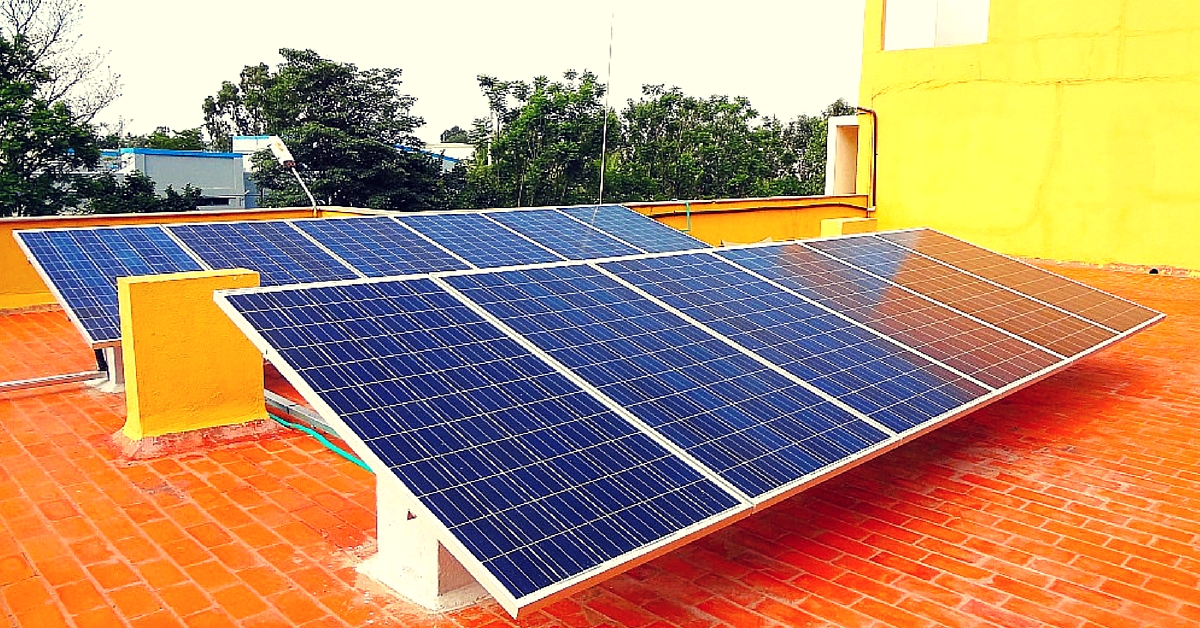
Public Affairs Centre (PAC), a not for profit organization in Bengaluru, started working towards the mission of developing a carbon-neutral campus in 2014. Today, with initiatives ranging from solar panels to compost pits, the organization’s employees are doing their best to put the two acre campus in Jigani to good use and build sustainable solutions around it. It is one of the first few NGOs in the city to make its campus carbon neutral – emitting almost no pollutants, and turning all energy systems into environment-friendly ones.
PAC is involved in research activities around public policy, and about four years ago, an Environmental Governance Group was started in the organization to address the issues in areas affected by climate change.
“All the elements of climate change, sustainability, etc. were researched by this group. But when we started with this idea of working on environment issues, one common thought was that if we are giving recommendations in our reports about the kind of changes that should be implemented around the country, then we should be practicing those things as well. To find a way to practice and not just preach – that was the motivation with which we started working towards a green campus,” says Varsha Pillai the Communications Manager at PAC.
Here are a few steps that the organization took up to move towards a carbon-neutral campus:
1. PAC automated weather station:
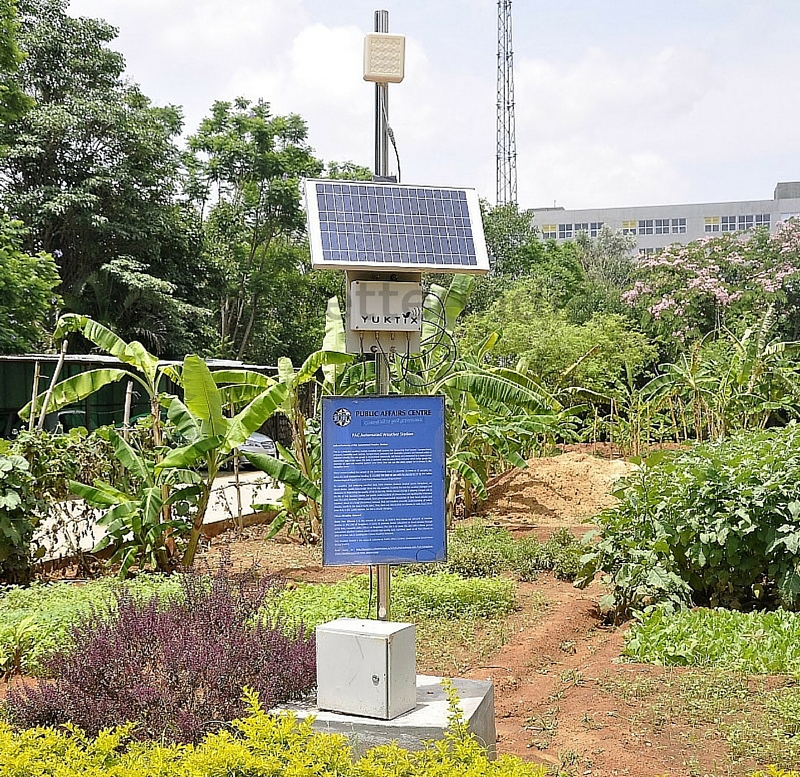
The work started with PAC setting up an air quality monitoring station to measure carbon-monoxide, suspended particulate matter, nitrous oxide, etc. in the air, along with the temperature, humidity and rainfall. This was done for individual employees and the organization as a whole, to understand climate change better. According to Varsha, this weather station is one among 17 such stations across Bengaluru. It is a part of Citizen Weather Network – a citizen-run network of weather stations in Bengaluru, being set up to capture real-time weather data from over 25 locations in the city and make it available for free over a web application.
2. Solar power panels:
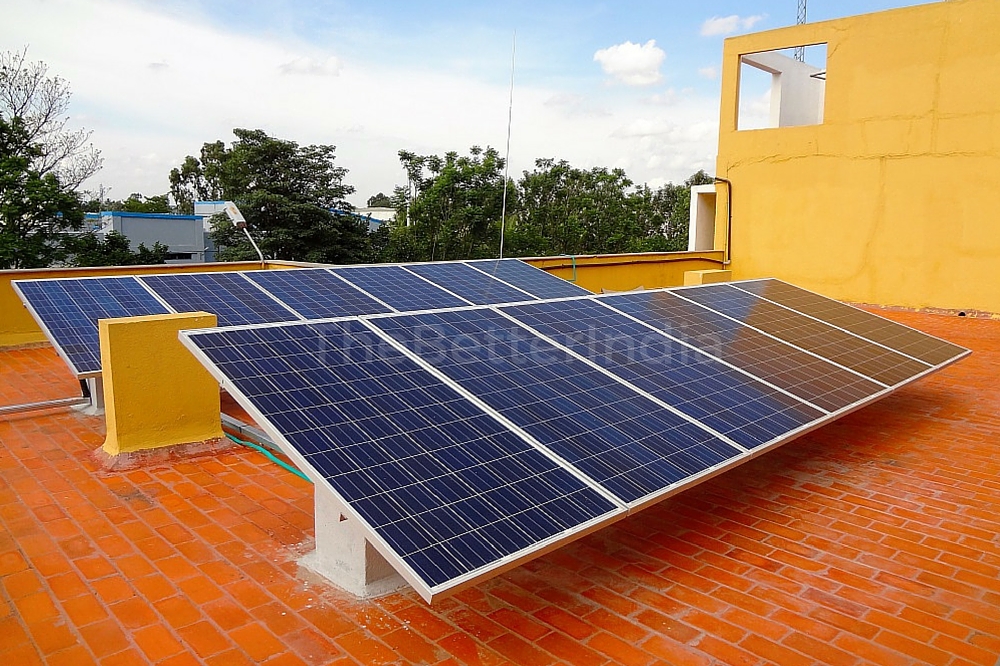
PAC installed solar energy panels on campus last year, and now, 90% of the organization’s power needs are met via solar energy. The solar power plant on campus has a capacity of 9.9 kWp.
You May Also Like: How India’s First Electric Cab Service is Making Bangalore Less Polluted
3. Production of vegetables on campus:
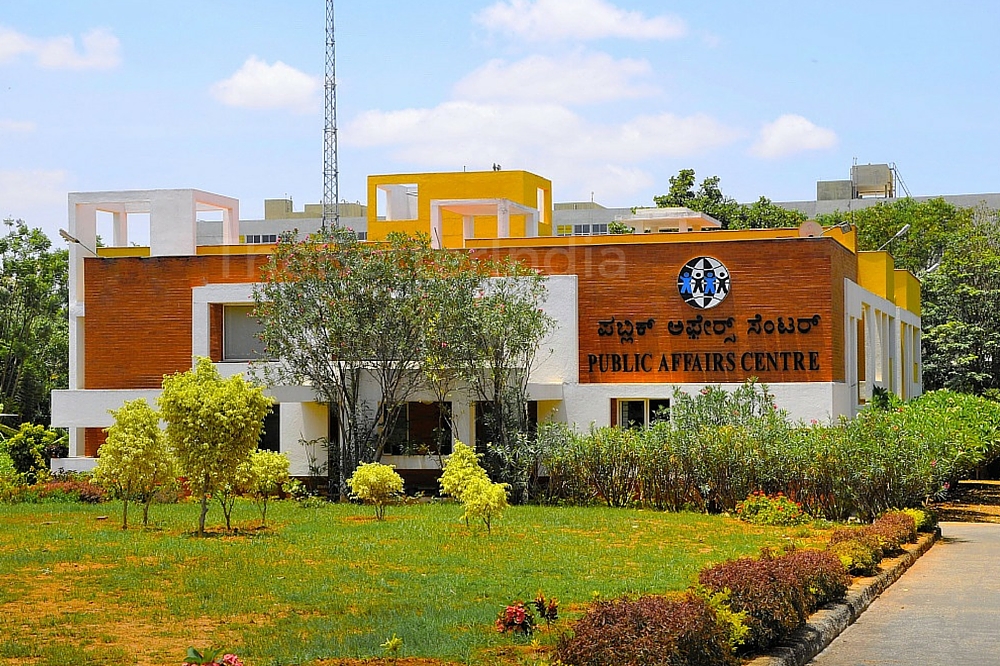
About one acre area on the campus has been converted into a vegetable garden. Every week, the team of around 40 people in PAC takes some of the produce home. Members of the Environmental Governance Group also went to the Lalbagh Botanical Gardens recently to understand how they can grow vegetables in a more seasonal manner.
4. Rain water harvesting:
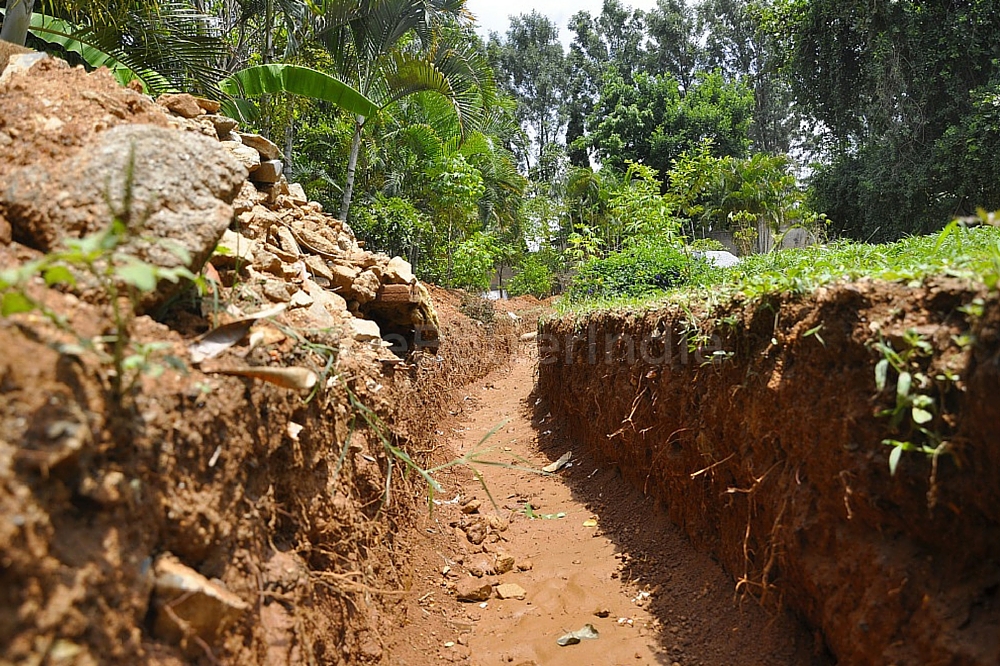
Rain water harvesting on campus helps provide water for the vegetable garden. “Around 7 million litres of water can be saved via rainwater harvesting in a year. This will not only help recharge groundwater but also boost storage levels in tanks,” J Jangal, head of the environmental governance group (EnGG) told The Times of India.
5. The PAC campus also has its own composting pit to take care of waste at the source itself.
PAC is basically a research organization set up with the view towards improving the quality of governance in India, with the primary focus on areas where citizens and civil society organizations can work together to improving governance. PAC undertakes research, shares findings, facilitates citizen action through awareness campaigns, and provides advisory services to state and non-state agencies.
Like this story? Or have something to share? Write to us: [email protected], or connect with us on Facebook and Twitter (@thebetterindia).
If you found our stories insightful, informative, or even just enjoyable, we invite you to consider making a voluntary payment to support the work we do at The Better India. Your contribution helps us continue producing quality content that educates, inspires, and drives positive change.
Choose one of the payment options below for your contribution-
By paying for the stories you value, you directly contribute to sustaining our efforts focused on making a difference in the world. Together, let’s ensure that impactful stories continue to be told and shared, enriching lives and communities alike.
Thank you for your support. Here are some frequently asked questions you might find helpful to know why you are contributing?


This story made me
-
97
-
121
-
89
-
167













